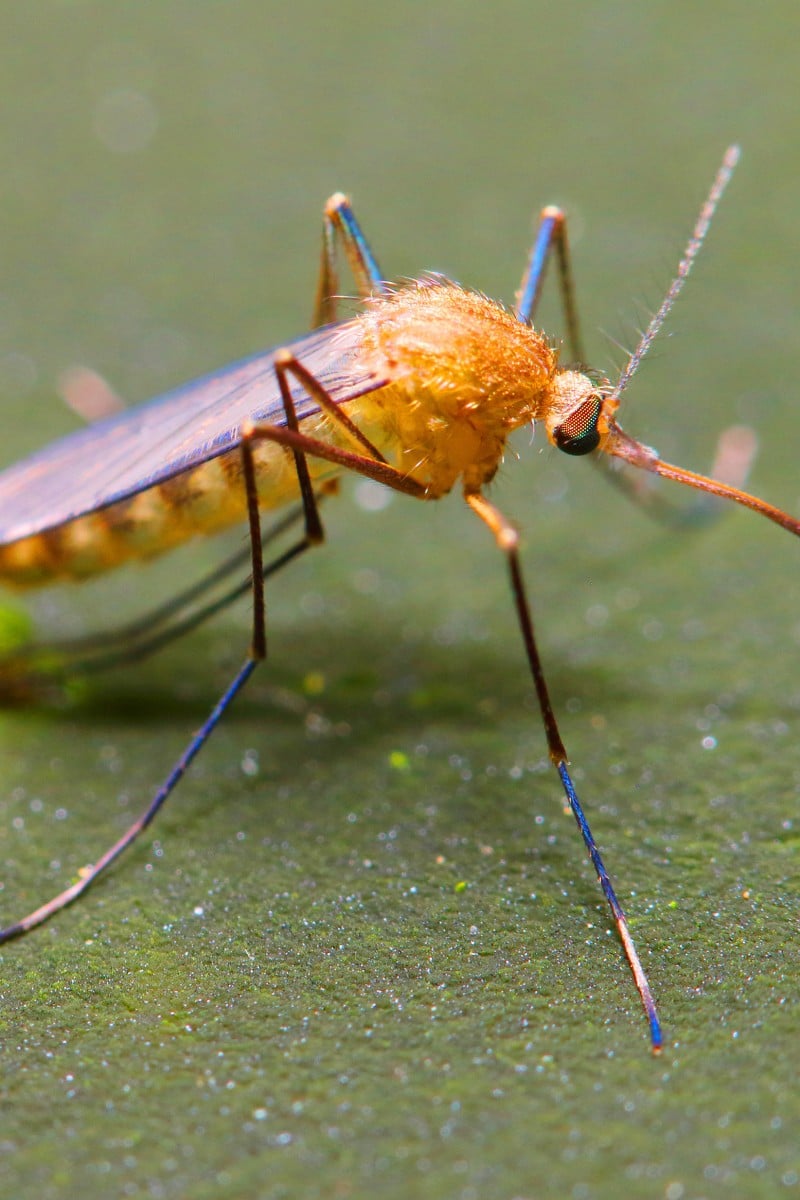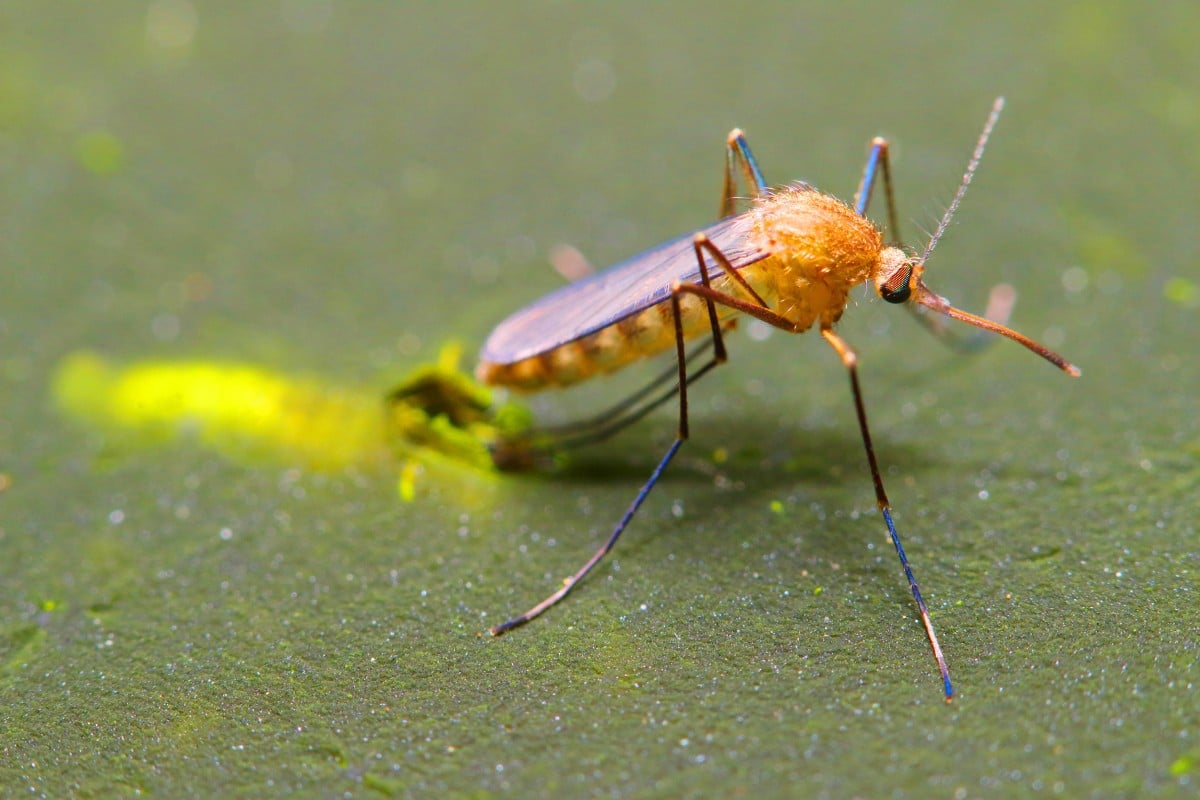
Researchers make leap in biologically controlling diseases spread by mosquitoes
- Releasing male mosquitoes that do not bite or transmit diseases to mate with wild female mosquitoes can effectively control the population
 Scientists make engineering breakthrough in control of mosquito-borne diseases. Photo: Shutterstock
Scientists make engineering breakthrough in control of mosquito-borne diseases. Photo: Shutterstock An automated device that can efficiently separate male and female mosquitoes has been developed by a research team. This engineering breakthrough in the biological control of mosquito-borne diseases allows scientists to more easily release male mosquitoes that do not bite or transmit diseases.
The international research team, consisting of researchers from institutions such as Michigan State University, Jinan University and Guangzhou Wolbaki Biotech, published their results in the Science Robotics international academic journal.
In recent years, mosquito-borne diseases, led by dengue fever, have become increasingly severe with climate change and human mobility. Chemical control has limited effects on these pests and brings environmental pollution and drug resistance problems, according to Li Yongjun, an associate professor at Jinan University.
On the advantages of biological control, Li said, “Studies have shown that releasing male mosquitoes that do not bite or transmit diseases to mate with wild female mosquitoes can effectively control the wild mosquito population.”
A new type of net could cut risk of the mosquito-borne disease by half
This control technology has been verified in many countries to suppress the population density of wild disease-transmitting mosquitoes and reduce the spread of dengue fever. But its large-scale regional application has been limited globally by the bottleneck issue of how to separate male and female mosquitoes.
According to Gong Juntao, a researcher at Guangzhou Wolbaki Biotech, the team independently developed an automated device that can stir, separate and collect mosquito pupae efficiently. The automated separator can enable its operator to separate over 16 million male mosquitoes by working eight hours a day and five days a week, a 17-fold increase when compared to manual sex separation.
The results have shown that the automated device has the potential to help effectively control tropical mosquito-borne diseases, Gong said.
The device has been sold to 18 countries, including the United States, Australia and Italy.